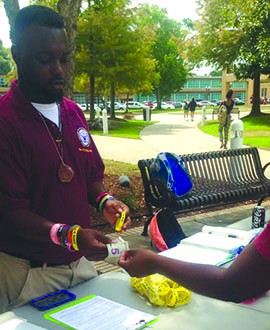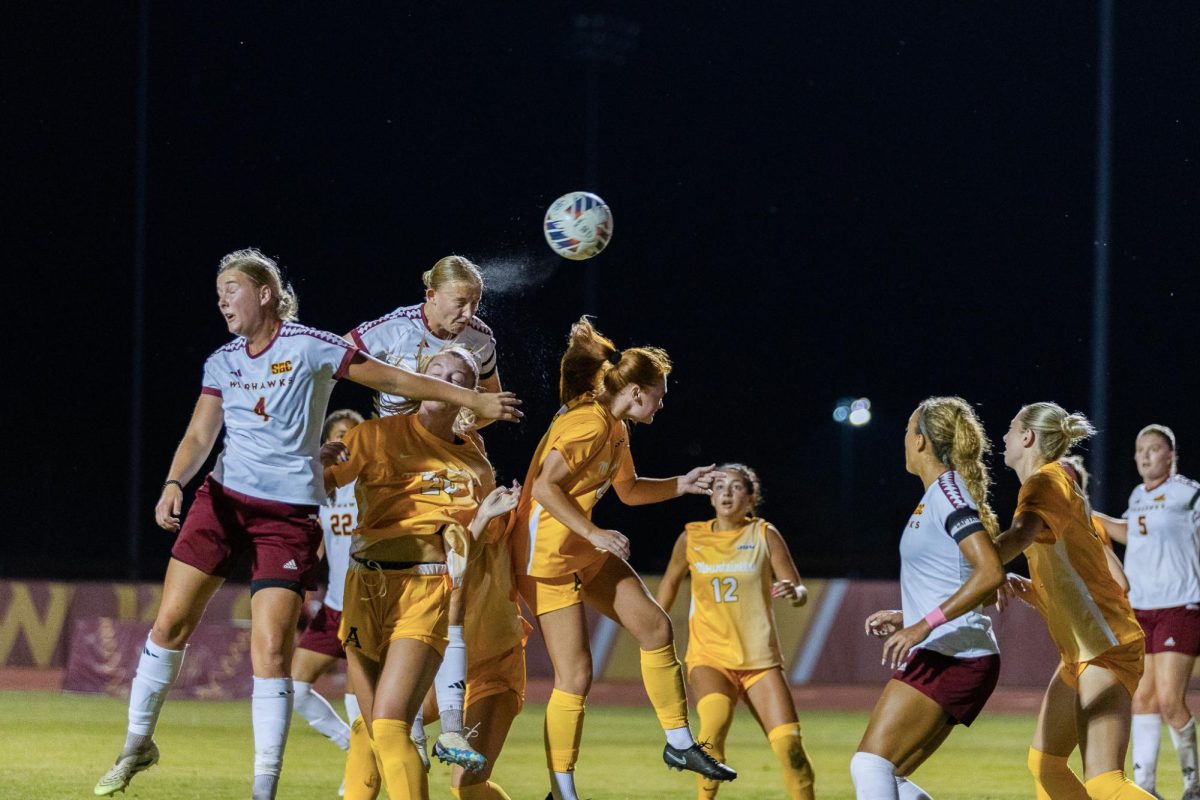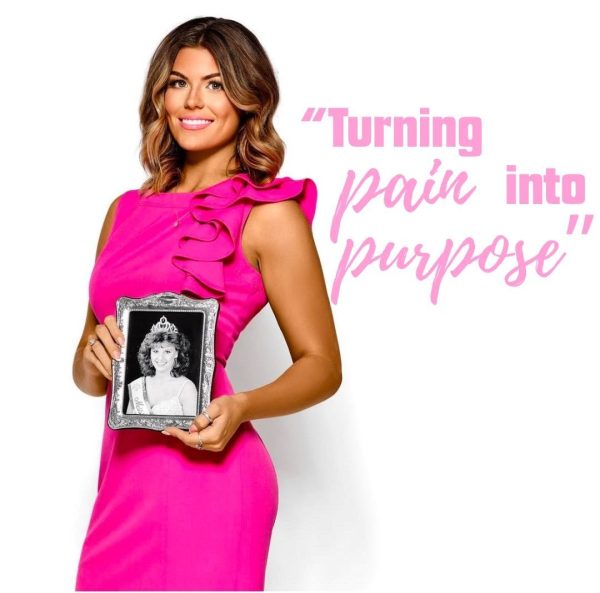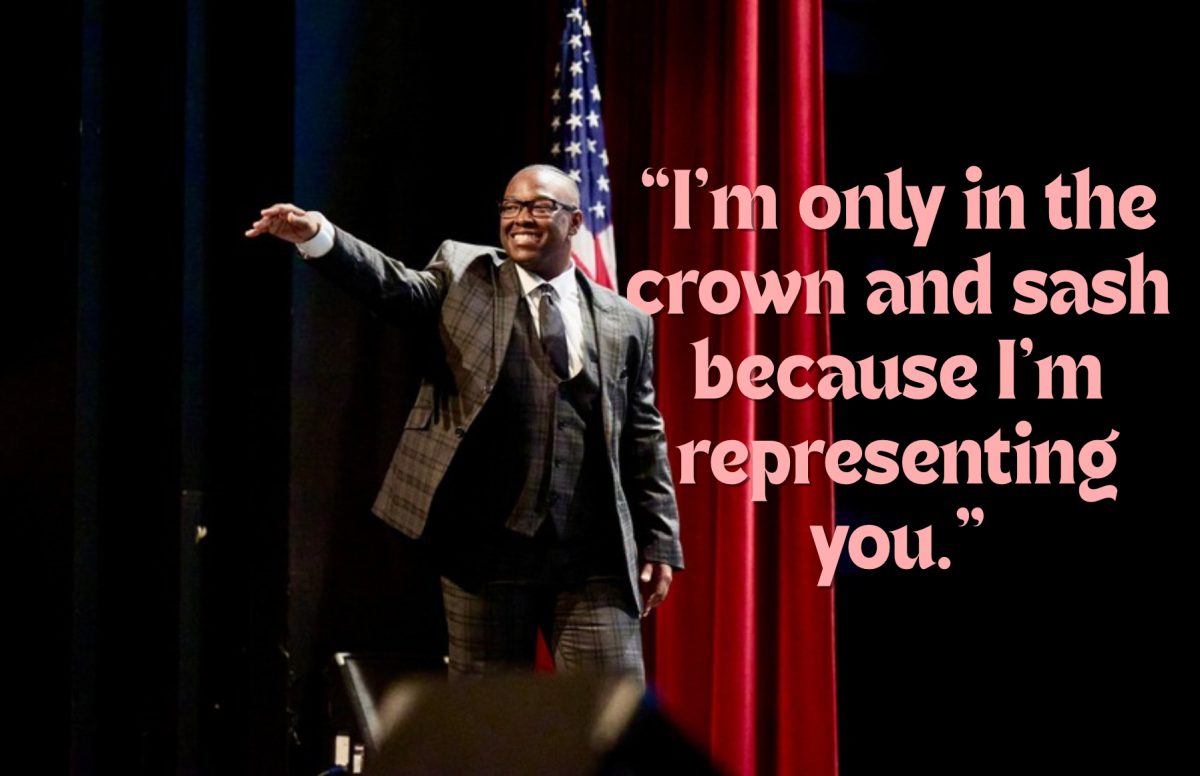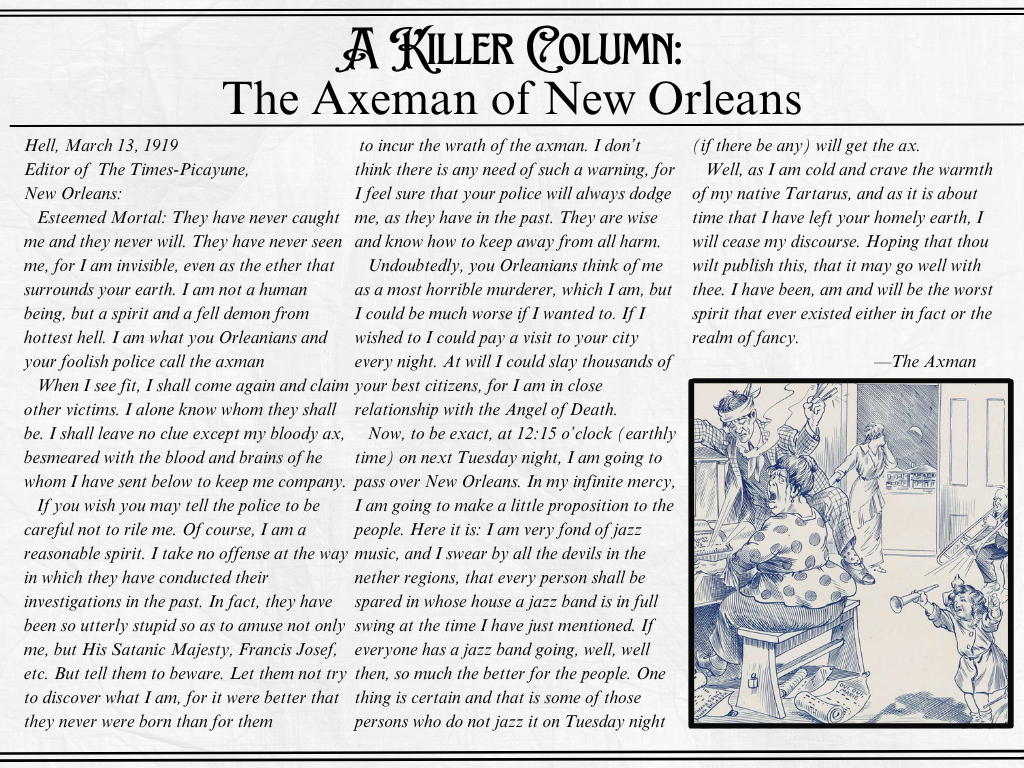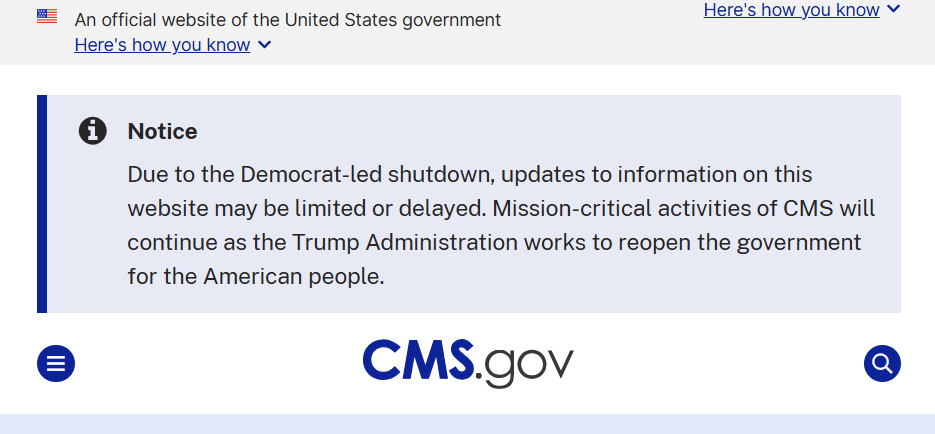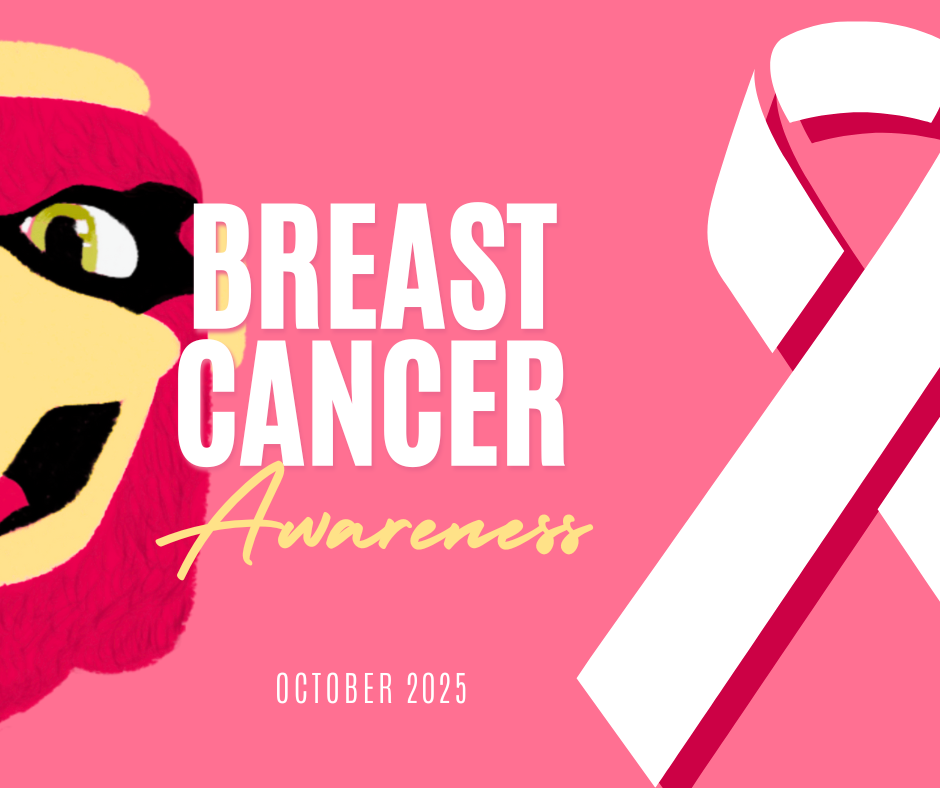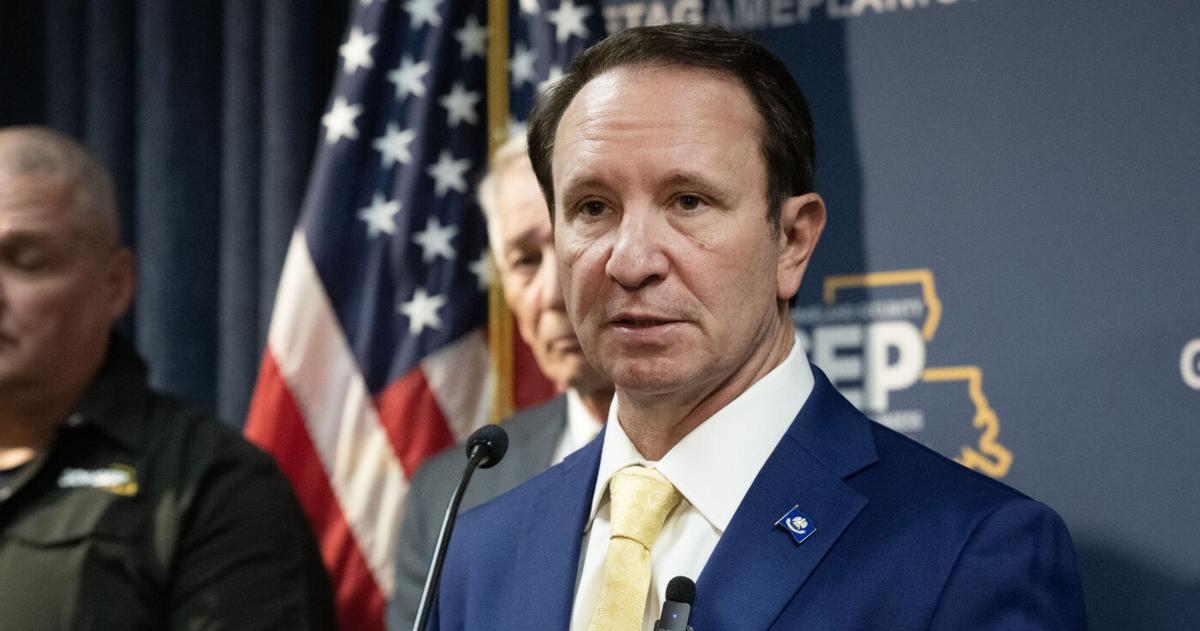Tra’von Washington has been a member of ULM’s chapter of the National Association of the Advancement for Colored People for two years, and said he has seen the chapter struggle. This semester, he gets to witness the chapter succeed.
Today, there are over 300,000 members in NAACP across the nation. ULM’s chapter now has 100 of those members, making it the largest student chapter in Louisiana, according to Charles Heckard.
Washington, a senior kinesiology major, said those two years he spent as a member was the reconstruction period of the chapter.
“Last year, our membership increased a little, but we weren’t able to make a huge impact on campus,” said Washington. “This year, we believe we are ready to make a name for ourselves on campus, in the city and in the state.”
Olivia James, senior speech-language pathology major and ULM’s chapter’s president, said this is a step forward for this region.
“It feels great to let Louisiana know that college students in North Louisiana are aware and concerned as well,” James said.
Some students said the organization has struggled with members and getting recognized on campus in the past. The chapter has been successful in recruiting and in hosting events this semester because its executive board prepared plans during the summer.
The chapter has held voters’ registration rallies, teamed up with other on-campus organizations and taught financial literacy in the Quad.
While increasing its membership, it has also restructured its participants. The chapter has invited non-black students into its organization.
This is not the first time or unheard of for non-blacks to be a part of NAACP. In fact, some of its founders were non-black in 1909.
Betty Cooper, financial information service instructor and chapter adviser, said the word “color” in NACCP does not refer to just black people.
“It’s referring to all races and all of the colors, united. That’s the true movement. I salute those early pioneers who stood together, black and white, united,” Cooper said.
The NAACP was founded to help give “political, educational, social, and economic equality of rights of all persons and to eliminate race-based discrimination.” It has been vocal in high-profile criminal cases hosting civil protests around the country.
“It is relevant to keep colored-people reminded that the battle is not over and there is a group of people who are listening and fighting to end oppression,” Washington said.


